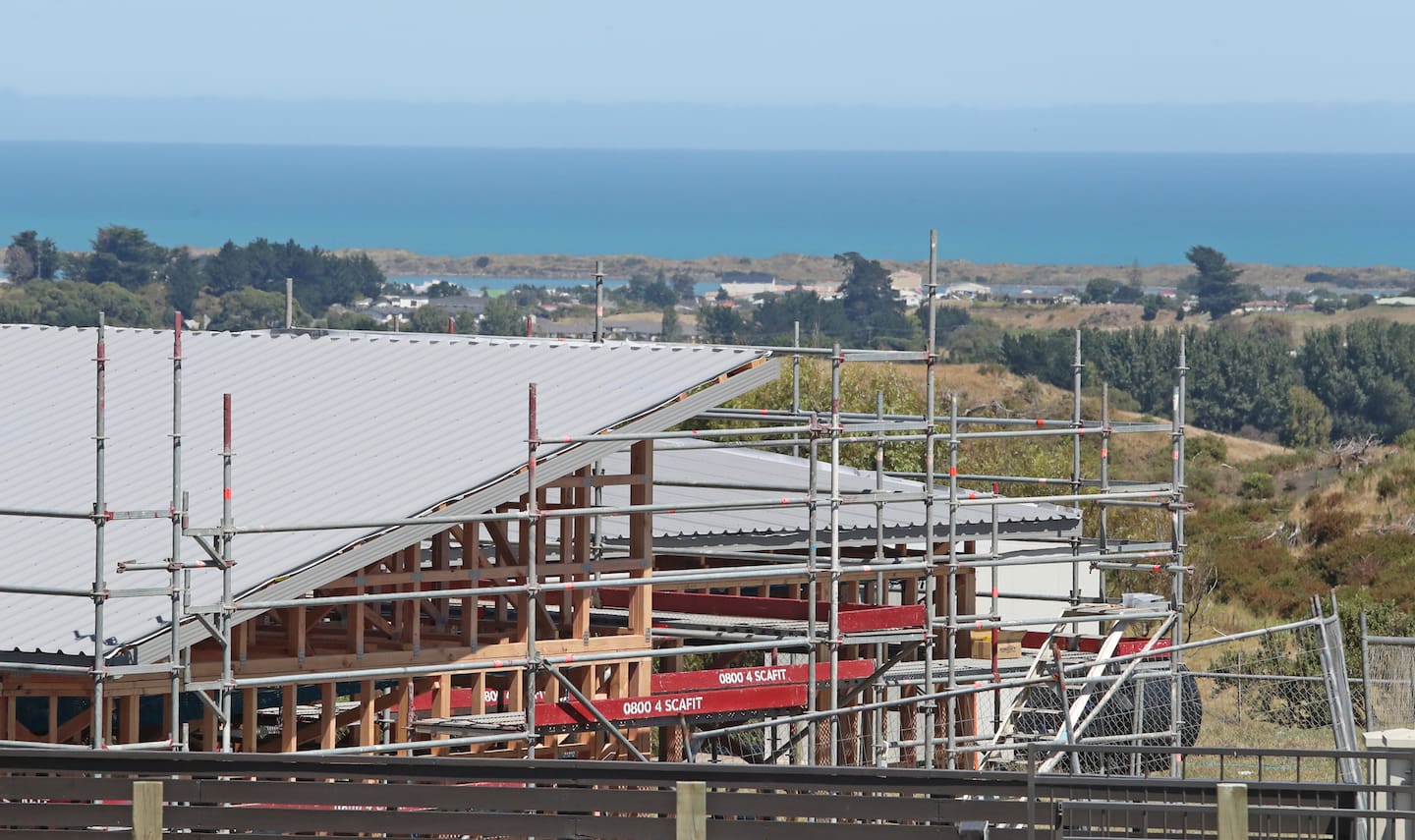The Government wants to protect ratepayers by changing building liability settings so councils aren’t burdened with picking up the cost of defective work others are responsible for.
It’s believed this change will help address “risk-aversion” amongst councils, which the Government says are “hesitant to sign off on building consents and inspections because they could be held liable for all defects, leaving ratepayers to foot the bill”.
This is part of what is being described by Building and Construction Minister Chris Penk as the biggest change to the building consent regime since it came into force in 2004 and an attempt to clear “blockages” in the current system.
Penk also announced councils will be able to voluntarily consolidate their Building Consent Authorities’ (BCAs) functions to streamline paperwork and share resources. The Government’s also exploring home warranty schemes for buildings.
“New Zealand’s sluggish consenting system is delaying projects and driving up costs, making the average standalone house here 50% more expensive to build than in Australia,” he said. “We must eliminate system blockages to speed up the delivery of new homes and infrastructure.”
Under the current liability scheme, councils could be held liable for defects if one of the parties responsible cannot pay for repairs, such as when a business goes bust.
“Currently, building owners can claim full compensation from any responsible party – and it’s often councils, with the deepest pockets and no option to walk away, that end up paying out.”
He said this “risk-aversion” leads to delays and extra cost.
“A case in Queenstown shows the scale of this issue. In 2015, the Oaks Shores body corporate filed a $160 million claim for weathertight defects. The developer had been placed into voluntary liquidation and was not sued, leaving ratepayers exposed to the entire claim.
“If the case hadn’t been settled privately, ratepayers could have faced rates increases of $300 a year for 30 years.”
To address this, the Government will scrap the current framework – known as joint or several liability – and replace it with what it says is proportionate liability.
“Under this new model, each party will only be responsible for the share of work they carried out,” he said.
“Building owners will be protected if things go wrong and we’re exploring options such as requiring professional indemnity insurance and home warranties, similar to arrangements in Australia.”

The Government is set to make the biggest changes to the Building Act in two decades. Photo / Bevan Conley
The Government is investigating whether to require home warranties for certain building projects – with an option to opt out – or potentially requiring professional indemnity insurance.
It doesn’t believe this lets the council off the hook completely, but simply means they won’t be accountable for others’ mistakes.
For example, they will still carry the same share of responsibility for processing consent applications, carrying out inspections and issuing Code Compliance Certificates.
Also confirmed today is that councils will be able to voluntarily consolidate their BCAs’ functions with each other, an idea that has been previously mooted.
“It is ridiculous builders, designers and homeowners must navigate 66 different interpretations of the Building Code, because of the number of council BCAs across the country,” Penk said.
“Builders can be rejected on paperwork that would be accepted by a neighbouring authority simply because each BCA applies the rules differently.”
Penk believed councils will “seize the opportunity”, allowing them to “share resources like building inspectors and IT systems, and pass the savings on to ratepayers”.
“Clearing blockages in the building consent system to make it easier and more affordable to build is an important part of this Government’s economic growth plan.
“We know the sector is behind us. New Zealand Certified Builders have said that this is the most significant change for the building industry in a generation, that it has been a long time coming and the change is welcomed by the industry.”
These changes will be made by amending the Building Act 2004. A bill is expected to be introduced to Parliament early next year.
Take your Radio, Podcasts and Music with you
Get the iHeart App
Get more of the radio, music and podcasts you love with the FREE iHeartRadio app. Scan the QR code to download now.
Download from the app stores
Stream unlimited music, thousands of radio stations and podcasts all in one app. iHeartRadio is easy to use and all FREE









